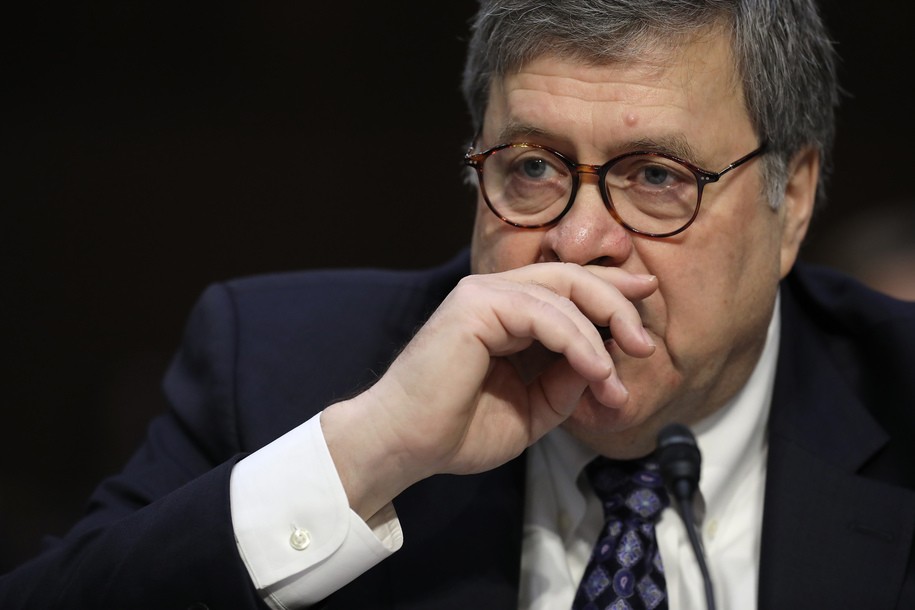As reporters have been warning for some time, the phrases that Barr used in his letter, in his public statements, in his Senate confirmation testimony, and in the unsolicited letter to the Justice Department that helped put him back in the driver’s seat all point to the same thing: The report that reaches the public is unlikely to say anything about Trump. Justice Department policy is that the department does not indict a sitting executive. Justice Department policy is that the department does not reveal any “derogatory information” about someone not under indictment. The two things together would seem to guarantee that a report following all department guidelines would filter out all mention of Trump.
But that result may not be as completely certain as it seems, and the answer is found in the Special Counsel Law. The report that Mueller provided meets his obligations under this section of that law.
(c)Closing documentation. At the conclusion of the Special Counsel’s work, he or she shall provide the Attorney General with a confidential report explaining the prosecution or declination decisions reached by the Special Counsel.
Other than a budget, that’s just about the only paperwork that a special counsel is required to submit. Both of those items go to the attorney general. The attorney general is then required to let Congress know:
A description and explanation of instances (if any) in which the Attorney General concluded that a proposed action by a Special Counsel was so inappropriate or unwarranted under established Departmental practices that it should not be pursued.
Barr has stated that there were no such instances.
The Attorney General may determine that public release of these reports would be in the public interest, to the extent that release would comply with applicable legal restrictions.
The report described here is not the report submitted by Mueller. This is simply the notification that Barr provided to Congress. That ‘report’ included his determination that it was okay to share his letter. When it comes to the report from Mueller, the rest of that rule is actually more expansive than it may seem.
All other releases of information by any Department of Justice employee, including the Special Counsel and staff, concerning matters handled by Special Counsels shall be governed by the generally applicable Departmental guidelines concerning public comment with respect to any criminal investigation, and relevant law.
What Barr can release is constrained by the limits of the departments rules when it comes to discussing indictments. But the information that Barr could potentially produce is not restricted to the “Closing documentation” provided by Mueller. In fact, there is no mention of this closing documentation when discussing the information that the attorney general might provide.
If the public is ever going to see the closing document provided to Barr by Mueller, it is almost certainly going to require an act of Congress—or an order from a Trump confident that it will do him no harm—as there is nothing in the law that requires him to produce this information, and department rules prevent its release. However, Barr could well produce something other than the closing document provided to him by Mueller.
It seems most likely that Barr will provide Congress with a document—not Mueller’s closing document, but something else—which summarizes the findings of the special counsel. That document will also be constrained by the limits of the Justice Department and will not directly discuss subjects who have not been the subject of indictment. However, it may give an overview of other findings of the special counsel’s office, especially when it comes to information that has been handed over to other jurisdictions for possible prosecution. It’s possible that Barr could provide to Congress a ‘report’ which contains more information than Mueller’s closing document. Or not.
In any case, the investigation into Trump’s crimes and those of his family and associates is not over. That investigation goes on in both state and federal jurisdictions. The investigation into Russian interference in the 2016 election is not over. That investigation continues in both the House and Senate. Even the special counsel investigation is not over. That investigation continues with the prosecution of Robert Stone. This is not it’s final report.
And who knows? Reports may say there are no more indictments to be opened, but reports may be wrong.

